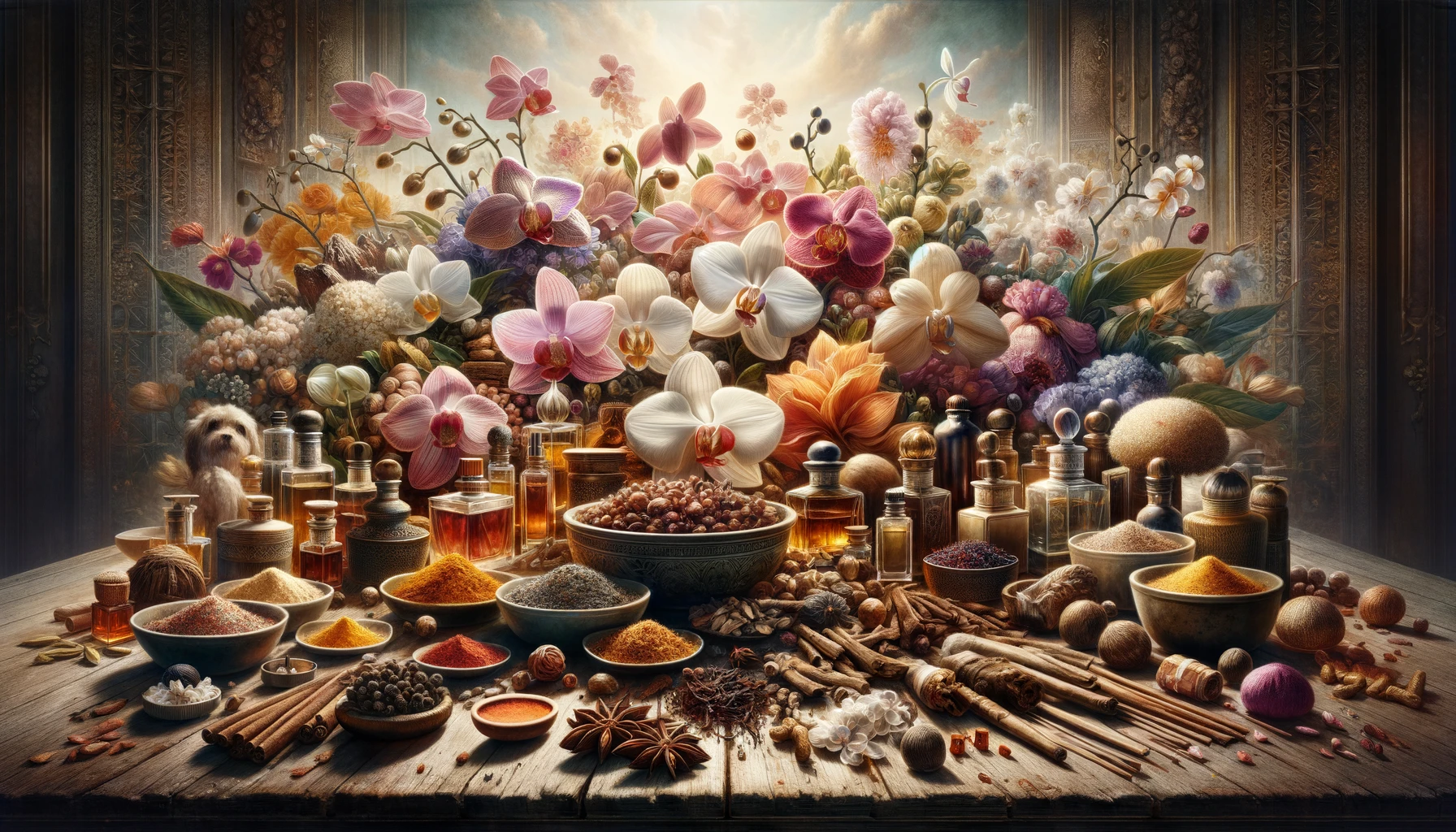When Your Perfume Smells Like Alcohol: Unraveling the Mystery

Have you ever eagerly uncapped a newly purchased bottle of perfume, anticipating a wave of enchanting aromas, only to be met with a sharp scent of alcohol? It's akin to expecting a symphony but hearing a solo tuning fork instead. This moment can be disappointing, perplexing, and might even make you question the quality of your fragrance. But before you relegate that bottle to the back of your vanity, let's dive into why your perfume might smell more like a cocktail than a carefully crafted scent symphony.
The Essence of Alcohol in Perfumery
Firstly, it's crucial to understand that alcohol isn't just a guest in the world of perfumery; it's the host. Ethanol, the type of alcohol used in perfumes, serves several essential functions. It acts as a solvent, dissolving and blending various oils and essences that might not mix well on their own. Additionally, it serves as a diffuser, helping to disperse the fragrance evenly on your skin and into the air. Without alcohol, your beloved scents would be more akin to concentrated oils, both harder to apply and less evocative in their aromatic reach.
The Initial Alcohol Rush: A Temporary Guest
When you first spray perfume, the alcohol scent can be momentarily overpowering, leading the aromatic parade like a band leader with a bit too much zeal. This is because alcohol evaporates faster than the oils in your perfume. It’s the opening act, not the headliner. Given a moment or two, this sharp note fades away, leaving room for the heart and soul of your perfume to shine through.
Why Does Alcohol Sometimes Overstay Its Welcome?
The most common reason for a persistent alcohol scent is impatience. Spritz and immediately sniff, and you’ll meet alcohol. The key is to give your perfume a moment to settle and reveal its true colors. Think of it like letting a fine wine breathe; it’s about unveiling depth and character.
Storage Wars: How and where you store your perfume can influence its olfactory evolution.
Heat, light, and humidity are not allies of your aromatic arsenal. They can disturb the delicate balance of your perfume, sometimes causing the alcohol scent to dominate. To preserve your perfume’s integrity, store it in a cool, dark place.
The Evaporation Effect
If your perfume bottle has been improperly sealed or stored for an extended period, the more volatile top and middle notes might have bid adieu, leaving alcohol as the more prominent note. Regularly check your perfume’s storage conditions to prevent this olfactory imbalance.
Quality Questions
While it's not always the case, some lower-quality perfumes might rely more heavily on alcohol, with less emphasis on the quality and concentration of fragrance oils. This imbalance can lead to a scent that feels more like a spritz of spirits than an enveloping aura of aroma.
Turning the Tide: Making the Most of Your Scent
Making the Most of Your Scent If your perfume is playing the alcohol anthem a bit too loudly, consider the following tips to rebalanc the scales: Let It Settle: Always give your perfume time to dry down. Apply it before getting dressed to give it ample time to unveil its true essence.
Application Matters
Apply perfume to pulse points where the warmth of your body can gently coax the fragrance to bloom fully, revealing its complexity beyond the initial alcohol burst. Layering Love: Consider layering your perfume with a matching body lotion or oil. This can help anchor the fragrance and reduce the prominence of alcohol.
In Conclusion: A Symphony Awaiting Its Cue
A perfume that smells like alcohol at first spritz is not a lost cause but a composition waiting for its moment to unfold. Understanding the role of alcohol in perfumery, coupled with patience and proper care, can transform your fragrance experience from an olfactory oddity to a sensory delight. Remember, the beauty of perfume lies in its journey from bottle to skin, a journey where the initial notes are just the beginning of the aromatic adventure.
